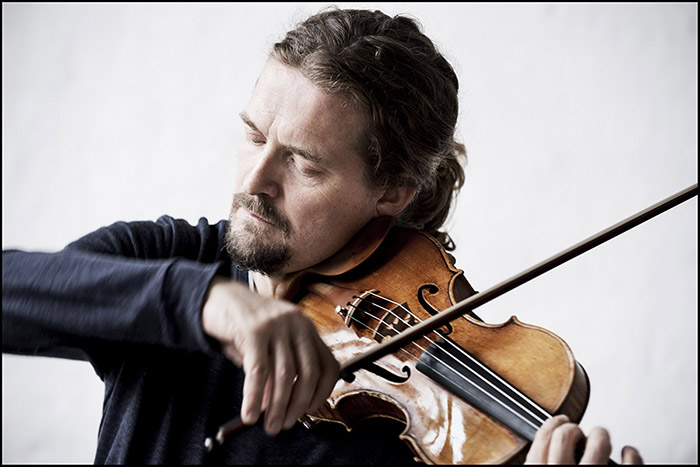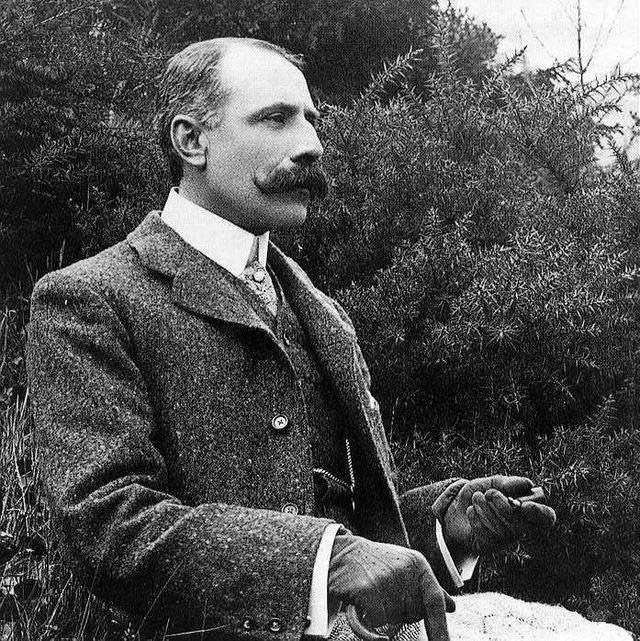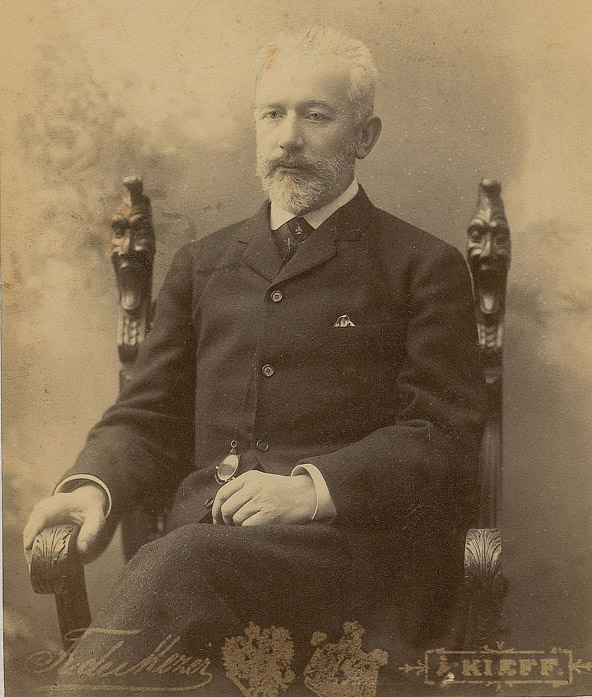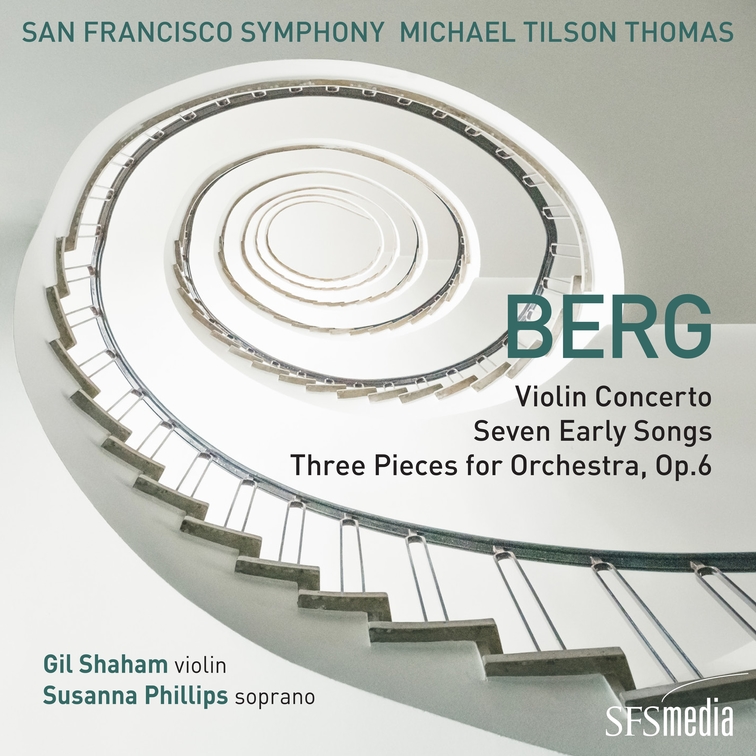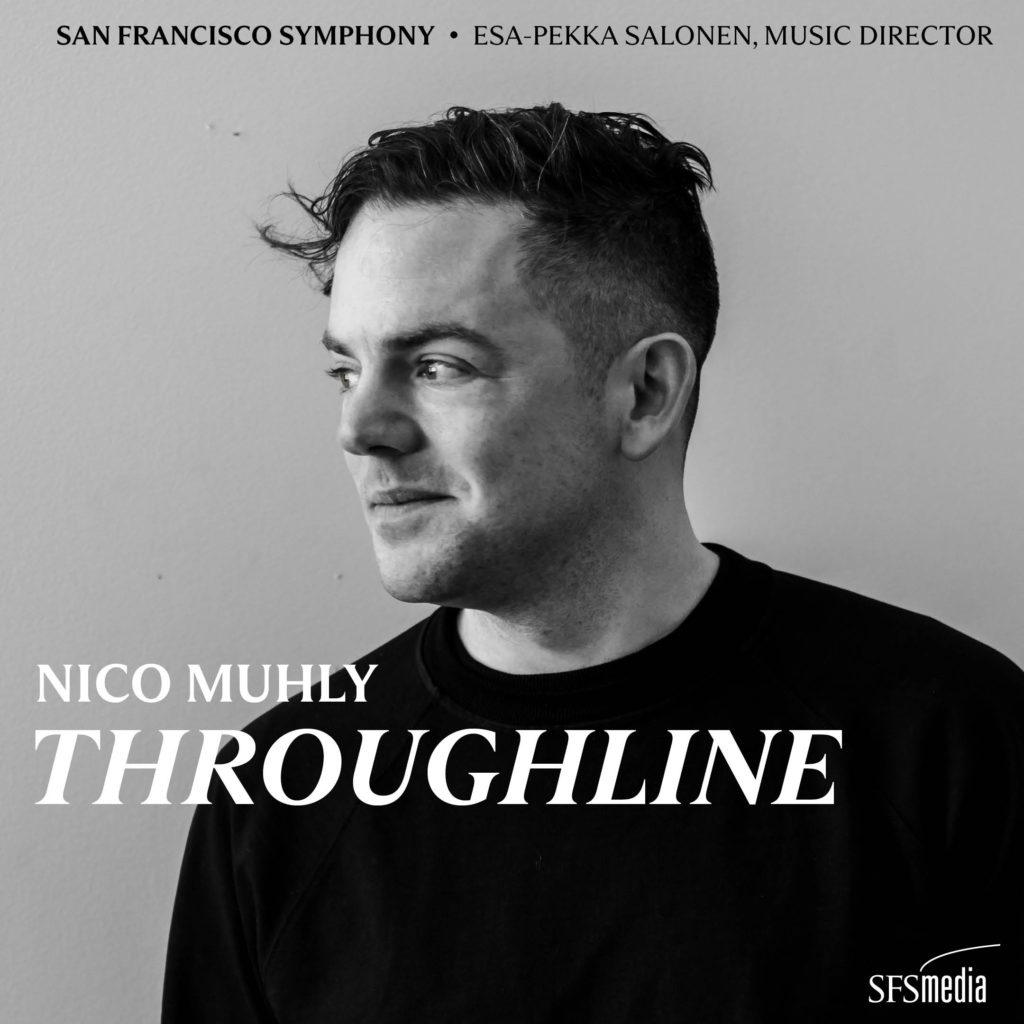This week, Australian conductor Simone Young returns to Davies Symphony Hall, leading the San Francisco Symphony in a program of works by Sir Edward Elgar – his Violin Concerto – and Tchaikovsky’s Symphony No 5. The guest artist is German violinist Christian Tetzlaff.
Having most recently held the role of Principal Guest Conductor of the Orchestre de Chambre de Lausanne, Simone Young takes up the role of Chief Conductor of the Sydney Symphony Orchestra this season. Maestra Young is as much at home with symphonic performances as she is with opera, and highlights of this symphonic season include a return to the Orchestre de Chambre de Lausanne, as well as appearances with the Royal Philharmonic Orchestra, the New York Philharmonic, the Los Angeles Philharmonic, the Washington National Symphony Orchestra and the Oslo Philharmonic Orchestra. Operas which she will lead include productions of Richard Strauss’s Der Rosenkavalier at the Berlin State Opera, Britten’s Peter Grimes and Hans Werner Henze’s Das verratene Meer at the Vienna State Opera, Strauss’s Salome at Zürich Opera and Wagner’s Parsifal at Opéra national de Paris. Simone Young was named Global Icon at the 2021 Avance Awards, celebrating the work of Australians making an extraordinary impact on the global stage.
Christian Tetzlaff – regarded as one of the most exciting musicians on the classical music scene – has a wide-ranging repertoire which includes music from the Classical and Romantic eras, as well as contemporary works. Artist-in-Residence at London’s Wigmore Hall this season, Mr Tetzlaff will also fulfill engagements across Europe and in the United States, a tour with Konzerthausorchester Berlin, and performances with the Deutsches Symphonie-Orchester Berlin, Orchestre Philharmonique de Radio France and Bergen Philharmonic Orchestra. Following a recital featuring Christian Tetzlaff and Leif Ove Andsnes, The Scotsman wrote: “Some of the world’s greatest performers are simply in a class of their own. Unquestionably part of this elite are violinist Christian Tetzlaff and pianist Leif Ove Andsnes”.
In this week’s performances, Christian Tetzlaff plays the Elgar Violin Concerto, a work commissioned by the Royal Philharmonic Society in 1909, when the composer was at the peak of his composing life. One of the longest violin concertos – and regarded as the most emotionally complex to have been composed at that time – Elgar inserted a mystery into the dedication, as he had done with his 1899 Enigma Variations. He wrote: “Herein is enshrined the soul of …..” – and to this day, nobody knows for certain to whom those five dots refer. They could stand for Alice – the name of his wife as well as that of a good friend – they could refer to Helen (Weaver) to whom Elgar had been engaged before she emigrated to New Zealand, or they could even refer to Elgar himself. Whoever’s soul was enshrined in the concerto, it is considered to be a deeply personal work – Elgar admitted that it was highly emotional, but he loved it – and far removed from the grandeur of his Pomp and Circumstance Marches or his First Symphony. It was premiered in 1910 by violinist Fritz Kreisler, with the composer conducting the London Symphony Orchestra.
Tchaikovsky’s sumptuous Fifth Symphony is described by biographer Anthony Holden as “…. his most mature masterpiece to date”, although proving, he says, that Tchaikovsky was “obsessed with the concept of Fate”, the theme of which seems to be carried throughout the work. This symphony didn’t initially come easily to Tchaikovsky – indeed he procrastinated about starting it – but finally he wrote it between May and the end of August in 1888. He referred to the work as “draining”, saying at one stage that “inspiration seems to have deserted me completely”. In a letter to his patron Nadezhda von Meck, he wrote: “With each day that passes I am increasingly certain that my last symphony is not a successful work …”.
By the time of the first orchestral performance of the symphony, however, Tchaikovsky was cautiously more optimistic about it. The performance took place in Saint Petersburg in November 1888 at a concert of the Saint Petersburg Philharmonic Society, and conducted by the composer, with a repeat performance the following week – both enthusiastically received by the audiences, even if the critics weren’t of the same opinion. The Moscow premiere the following month was also extremely well received, and by the time that a successful performance took place in Hamburg in March 1889, Tchaikovsky was ready to admit that “The Fifth Symphony was again performed magnificently, and I have started to love it again; my earlier judgement was undeservedly harsh…”. Today it retains its place in the classical repertoire as one of his best loved works.
Simone Young leads the San Francisco Symphony in Elgar’s Violin Concerto – soloist Christian Tetzlaff – and Tchaikovsky’s Symphony No 5, at Davies Symphony Hall from December 2nd to 4th. For further information, and for tickets, visit the San Francisco Symphony website.
In another piece of news, the San Francisco Symphony has announced it’s received nominations for two 2022 Grammy Awards.
The recording in contention for Best Classical Compendium is that of Alban Berg’s Violin Concerto, Seven Early Songs and Three Pieces for Orchestra – recorded at Davies Symphony Hall in March and November 2018, and January 2015 respectively. The performances were conducted by Michael Tilson Thomas with violinist Gil Shaham and soprano Susanna Phillips.
The second Grammy Nomination, for Best Orchestral Performance, is the world premiere performance of Nico Muhly’s Throughline, a work commissioned by the San Francisco Symphony, and streamed as part of a digital concert Throughline: San Francisco Symphony – From Hall to Home which was recorded between September 22nd to 25th, 2020 at Davies Symphony Hall.
These performances have all been released on SFS Media, the Symphony’s in-house recording label.
Information sourced from:
San Francisco Symphony program notes
Tchaikovsky – a biography by Anthony Holden

